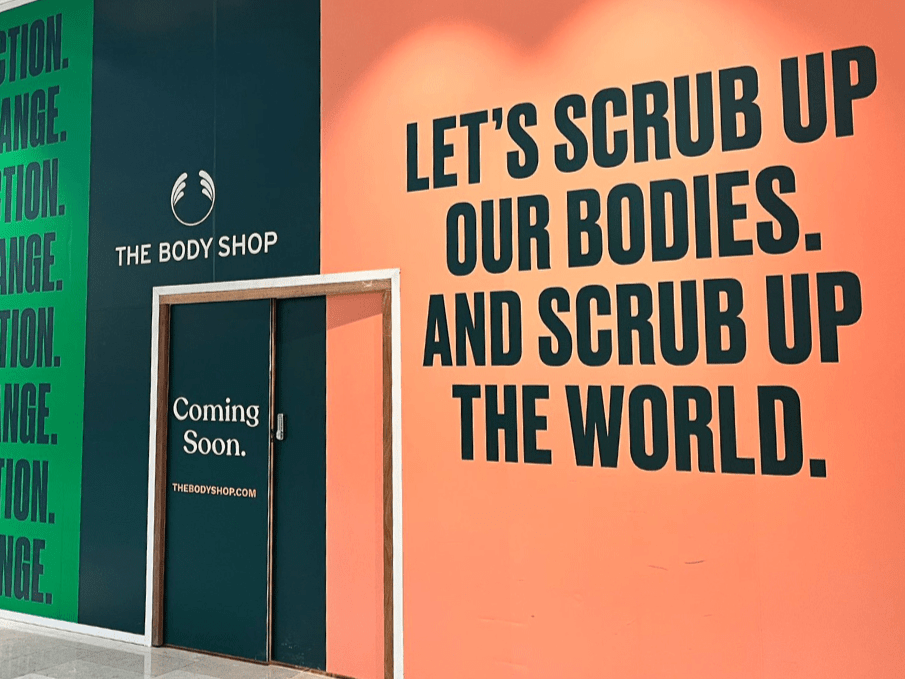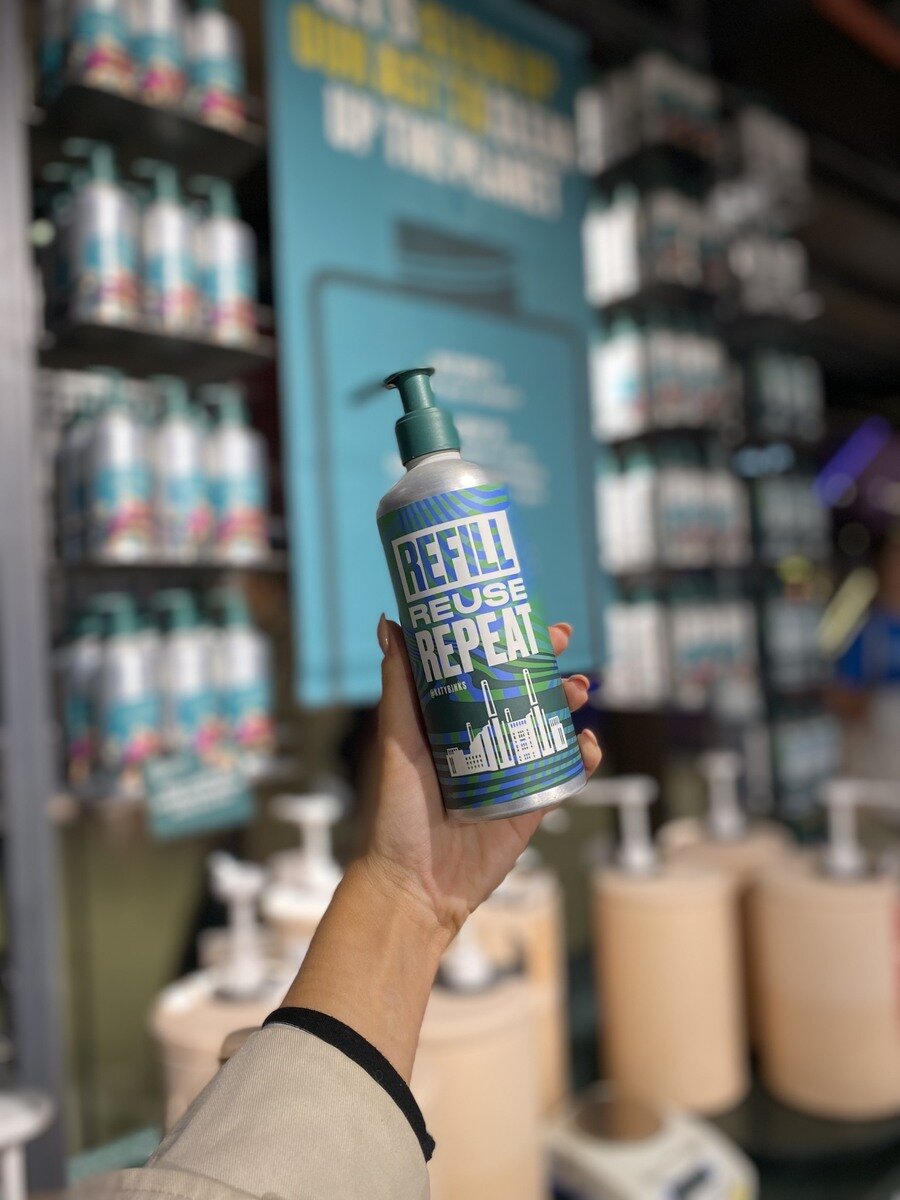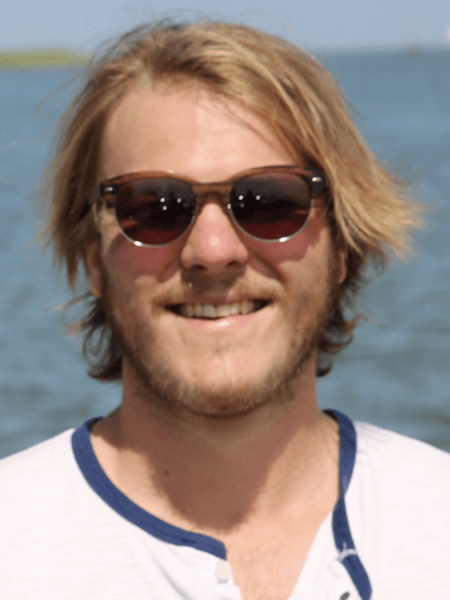Getting to know The Body Shop
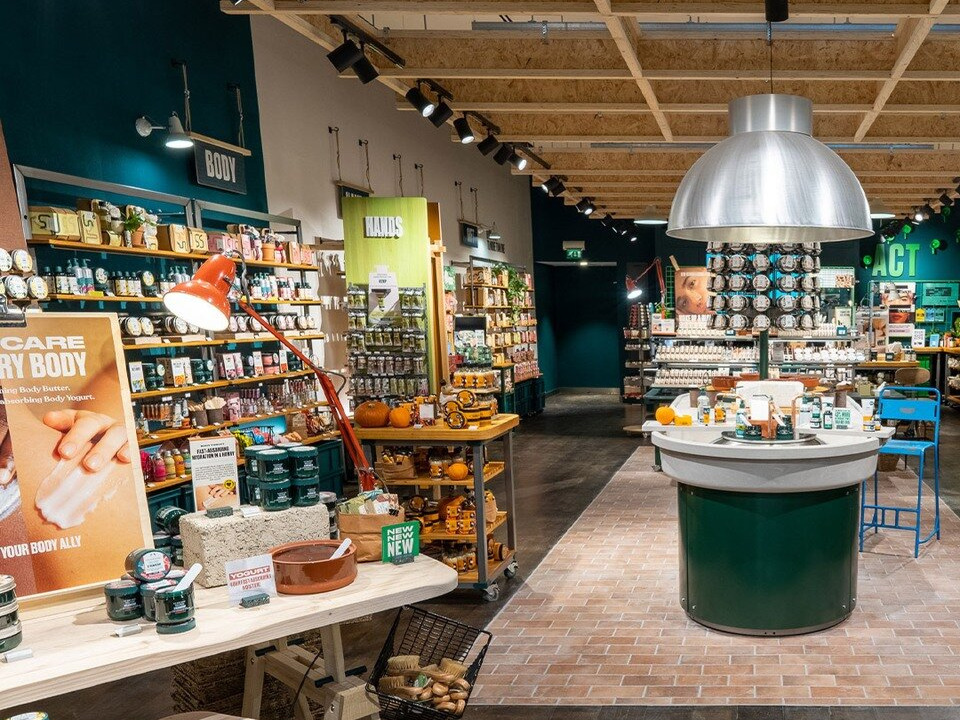
A natural, sustainable and cruelty free business.
The Body Shop was founded in 1976 by Dame Anita Roddick in Brighton, England. However, the name didn’t start there. The original Body Shop, was unaffiliated with Anita Roddick or The Body Shop International Limited, and actually started in Berkeley, California in 1970. The shop featured dark green walls and stocked locally made skin care products made with essential oils. The products were sold in simple containers with handwritten labels. Discount was given to customers who brought in empty containers for refills.
Anita Roddick started her own beauty and health store with the same name. Her motivation was to simply "make a living for herself and her two daughters while her husband was away travelling." After finding success, Roddick eventually bought the naming rights of The Body Shop from the Californian store with the same name for $3.5 million. The other company became known as Body Time.
Success came swift. The first Body Shop franchise opened in Brussels just two years after the company’s formation. By 1982 new shops began to open at a rate of two per month. In 1984, the business already reached 138 stores, 87 of which were not located in the United Kingdom. Ten years later, 89% of the business's locations would be franchises.
The business's original vision was to sell products with ethically-sourced, cruelty-free and natural ingredients. None of Roddick's products were tested on animals, and the ingredients were sourced directly from producers.
Roddick’s shop began trading with just 25 products. Roddick had actually purchased urine sample bottles from a nearby hospital in which to sell her products, but she didn’t have enough of them, thus creating the business's refillable bottles policy. Labels were hand-written and Roddick did not advertise explicitly, preferring to rely on local press instead.
Since then, The Body Shop has become a global retail business serving over 30 million customers worldwide, employing 10,000 people with a further 12,000 in their franchise team. The company operates around 3,000 stores in more than 70 countries. You can say that Anita Roddick’s vision has made an extraordinary global impact - exporting innovative products, funding positive environmental and human rights campaigns, all while incorporating an ethical approach to business.
The Body Shop has long-held aims of social activism as part of its business practices, first evidenced in 1986 when proposing an alliance with Greenpeace to save the whales. Roddick later began launching other promotions through the business tied to social causes, such as featuring posters in its stores and sponsoring local charity and community events.
The Body Shop Foundation was formed by the Roddick’s in 1990. It was built to support innovative global projects working in the areas of human and civil rights and environmental and animal protection. To date, The Body Shop Foundation has donated over £24 million in grants. The Foundation regularly gives gift-in-kind support to various projects and organisations such as, Children On The Edge. Approximately 65% of the grants that the company funds come to nominations from the staff, consultants or franchisers attached to the company from all over the world.
The company is world renowned for its ethical nature of product and business. Valued for their contributions so much that The Body Shop brand has previously been voted as the second most trusted brand in the United Kingdom by the Consumers Association. Whilst in another world survey of international chief executives, The Financial Times ranked The Body Shop the 27th most respected company in the world.
The Body Shop turns over $5 billion per annum. The company itself is now based in London Bridge and Littlehampton, West Sussex, and is owned by Brazilian cosmetics company, Natura. Before Nautra bought the company in 2017, The Body Shop was previously owned by the French cosmetics company, L'Oréal. Roddick sold the company (and her 18% stake of The Body Shop) to L'Oreal in 2006 for £652.3 million. At the time, L'Oreal Chairman and Chief Executive, Jean-Paul Agon, said Natura was "the best new owner we could imagine to nurture the brand DNA around naturality and ethics."
The Body Shop operates its franchising operations worldwide via the use of both master and sub franchise methods. The company currently looking for head franchise and sub franchise partners across Europe and rest of the world. If you’re an experienced, passionate, value-driven retailer and want to be a part of a multi-channel business that supports an ethical approach to business this could be brand for you.
The Body Shop head franchisee of Greece, Nick Synetos, built the first Body Shop franchise outside of the UK. Nick met The Body Shop founder, Anita Roddick and her husband Gordon, while painting the facade of their store in Brighton. Their friendship would turn into a highly successful commercial relationship.
“I was inspired by Anita Roddick's vision and passion to create the finest quality beauty, skincare and bodycare products using the best and purest natural raw materials from all over the world. Whilst at the same time, helping and offering employment to underprivileged people living in those deprived areas. Having already been inspired by her vision, and foreseeing the emerging trend of nature-inspired and cruelty-free cosmetics, I decided to embark on this journey,” said Nick.
“For 40 years now, The Body Shop is a living legend with an impeccable philosophy that fights to protect the world, the animals, the people and the planet as one big family. Throughout this journey, we have lived many unforgettable lifetime experiences and led pioneering campaigns that changed the world,” he said.
Sadly, Anita Roddick died in 2007 at the age of 64, a year after selling her company. While “The Queen of Green” may be gone, her legacy has helped shape and continues to inspire change around the world. Her message of eco-friendly practices, animal and human rights continues to shine through the brands image and her families Foundation.
FRANCHISE UNITS
- Franchising since: 1978
- 3,000 stores across 70 countries
SUPPORT FOR THE FRANCHISE
- Promotional plans tailored to suit driving traffic in-store
- Dedicated marketing funds
- Operational and retail training program to assist in running the store
- Ongoing business support
BASIC NETWORK REQUIREMENTS
- Average floor space: 50 ft square
KEY FIGURES
- Minimum investment: £50,000
- Total investment: £150,000
- Franchise fees: £5,000
- Royalty fee: 5%
- Expected revenue after 2 years: £50,000
Featured franchises
No featured franchises
Breaking news
Show all
Franchise model in sustainable water solutions
An international franchise network focusing on water generation and distribution technologies designed for commercial and residential markets.
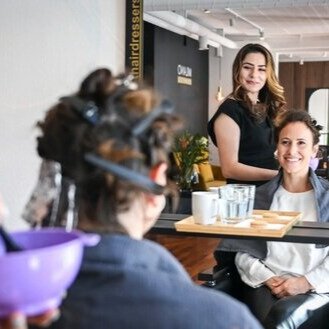
Milano Cosmetics franchise overview
Milano Cosmetics offers a global franchise model for professional beauty salons with defined financial terms, operational support, and international p
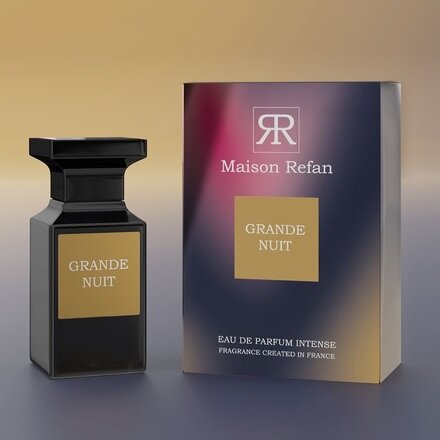
REFAN franchise network
REFAN is a European cosmetics and perfume manufacturer offering a standardized franchise model based on private-label production and retail.

Neuhaus Chocolates franchise model
An established Belgian chocolate house offering a structured franchise concept built on heritage, premium quality and international brand recognition.

